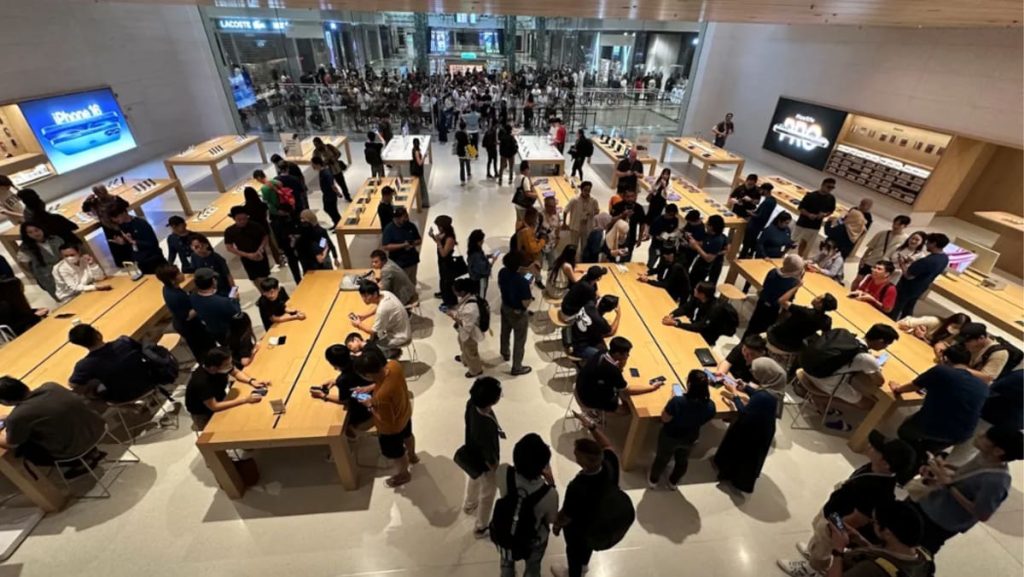The Indonesian Industry Minister has announced that the newly launched iPhone 16 from Apple will not be allowed for sale in the country until the company meets certain requirements, including renewing its local content certification and fulfilling investment commitments. The TKDN certification, which measures the domestic components in a product, must be renewed for Apple to sell its products in Indonesia. The company has also not met its total investment commitment to the country, falling short of the total amount by a significant margin.
Local netizens have expressed mixed reactions to the news, with some supporting the decision to uphold local requirements while others criticise the bureaucracy involved. Some users believe that Apple will not lose out by not investing in Indonesia and suggest that the company may choose to invest in other countries with less corruption. Others point out that it may be cheaper to buy the iPhone overseas rather than waiting for it to be available in Indonesia. Additionally, some users speculate that Apple may be profiting more from its stores in neighbouring countries like Malaysia and Singapore, which are popular destinations for Indonesian consumers to purchase Apple products.
The Indonesian government’s decision to ban the sale of the iPhone 16 in the country highlights the importance of meeting local requirements for foreign companies looking to sell their products in Indonesia. The TKDN certification ensures that a certain percentage of domestic components are used in the product, benefiting local manufacturers and the economy. Apple’s failure to renew this certification and meet its investment commitments has led to its inability to sell the iPhone 16 in Indonesia, prompting discussions among netizens about the implications of this decision.
The controversy surrounding the ban on iPhone 16 sales in Indonesia raises questions about the impact on Apple and its relationship with the country. While some netizens believe that Apple may not be too affected by this decision and could seek investments in other countries, others point out the potential loss of revenue for Apple in Indonesia. The popularity of Apple products in neighbouring countries like Malaysia and Singapore also suggests that Indonesian consumers may still have access to the iPhone 16 through alternative means, despite the ban in their home country.
Ultimately, the debate over the ban on iPhone 16 sales in Indonesia reflects broader concerns about foreign investment, local content requirements, and consumer access to popular tech products. The Indonesian government’s decision to hold Apple accountable for its commitments highlights the importance of compliance with national regulations and the impact of these decisions on both the company and Indonesian consumers. As discussions continue among netizens and stakeholders, it remains to be seen how Apple will respond to these challenges and what the implications may be for its presence in the Indonesian market.













